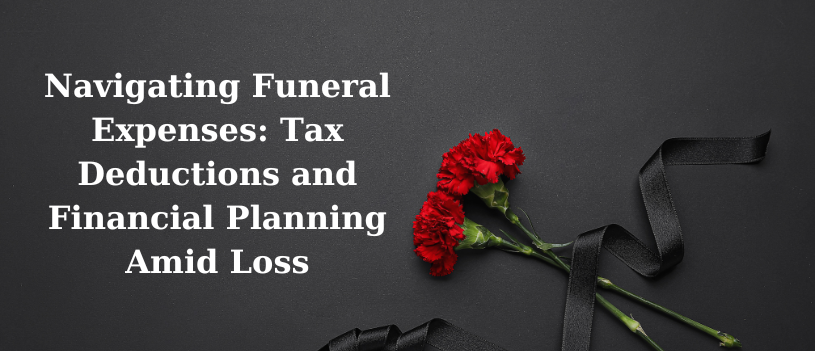The loss of a loved one is a challenging experience, imposing physical, emotional, mental, and financial burdens. Unexpectedly high funeral expenses often prompt many to investigate the possibility of tax deductions to ease the financial strain. The National Funeral Directors Association reported a notable increase in burial and cremation costs recently, reaching $7,848 and $6,971, respectively.
The desire for relief from these expenses raises questions about tax deductibility. Individuals covering funeral costs cannot claim deductions on their personal itemized tax returns. Only expenses paid from the deceased’s estate qualify for tax deductions, subject to the estate’s gross value and a specific threshold.
Funeral expenses, including caskets, burial plots, embalming, cremation and related services, must meet the IRS’s criteria of being “reasonable and necessary” to be eligible for deduction. Non-deductible costs include personal expenses such as transportation for family members.
To prepare for funeral expenses, individuals have options such as burial insurance, prepaid funeral plans, or setting up a separate funeral fund. Burial insurance, also known as final expense insurance, covers various costs and is paid out to beneficiaries upon the individual’s death.
When claiming funeral expenses as tax deductions, it is crucial to use Form 706 for estate tax returns under Schedule J. The executor files this form when the gross estate exceeds $12.92 million, with deductions ranging from 18% to 40% based on the net taxable estate. Without reaching the IRS threshold, an estate does not need to file taxes and funeral expenses cannot be claimed as deductions. Keeping thorough documentation of expenses is essential for substantiating claims and potential litigation cases.
What to Know About the Tax Deductibility of Funeral Expenses – CPA Practice Advisor
